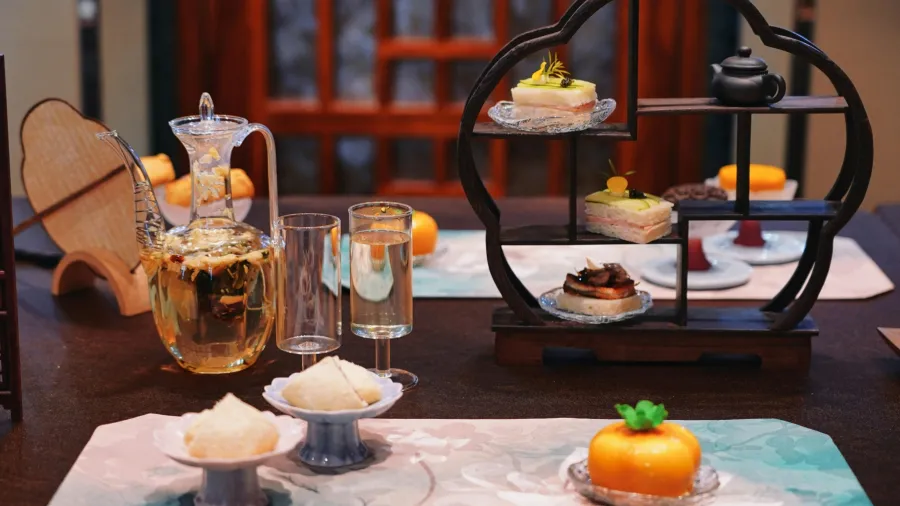
Premium F&B experiences drive tourism growth in Southeast Asia
Destinations offering premium F&B are 2.5 times more likely to draw affluent travellers.
Premium food and beverage (F&B) experiences are becoming a key factor in attracting high-quality tourists to Southeast Asia, according to a study by the Asia-Pacific International Spirits and Wines Association (APISWA).
The study revealed that destinations offering premium F&B are 2.5 times more likely to draw affluent travellers, who are willing to spend up to $250 extra per person per day.
While tourism in Southeast Asia is recovering, projected 2024 revenues of $141b remain below the $165b recorded in 2019. To close the gap, the region is focusing on high-quality tourists who seek immersive, authentic experiences and spend more per trip.
“Tourism is evolving simply beyond attracting visitors—it’s about creating meaningful, authentic experiences that resonate with travellers seeking deeper connections,” said Olivia Widen, a representative at APISWA.
The study, based on surveys of 1,800 travellers from markets like China, South Korea, Australia, the US, and the UK, found that 70% of tourists prioritise food and drink quality when choosing destinations.
High-income travellers place even more importance on F&B, with 75% ranking it higher than historical sites, shopping, or local hospitality.
Destinations with premium F&B offerings also saw a significant increase in appeal, with accessibility boosting preference by 30% and quality service adding 29%.
Chinese and South Korean tourists showed the highest willingness to pay more, with spending potential of up to $310 extra per day. However, value for money remains crucial, with price sensitivity evident across all income groups. A $20 daily price increase could deter 10% of travellers.
Meanwhile, perceptions of premium vary by market. For instance, Chinese travellers prioritise convenience, whilst Australians and Americans value personalised service and knowledgeable staff.
Moreover, food safety is non-negotiable, with 84% of travellers emphasising its importance, particularly those over 35.

















 Advertise
Advertise




